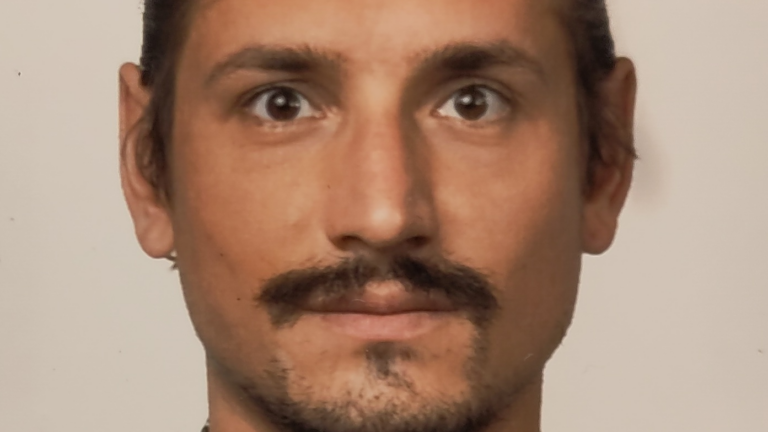Aguirre, Emily
E-mail: emilyagu@usc.edu
Bañuelas, David
David is a first-generation college graduate with indigenous and Hispanic roots. His early experiences in National Parks led him to pursue a PhD in Ecology & Evolutionary Biology at UC Irvine. As a Presidential Sustainability Solutions Fellow at USC, David will incorporate metagenomic data to enhance models predicting sea level rise impacts in Southern California. To accomplish his research goals, he will use an interdisciplinary approach combining biology and engineering, co-advised by Felipe de Barros and Cameron Thrash.
E-mail: dbanuela@usc.edu
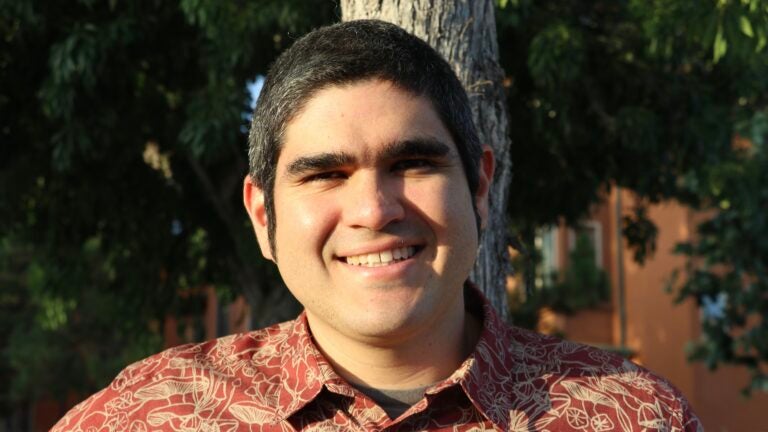
Bennett, Brittany
Postdoctoral scholar in the Thrash lab. Working to determine the molecular underpinnings of slow growth rates in SAR11 bacteria.
E-mail: brittany.bennett@usc.edu
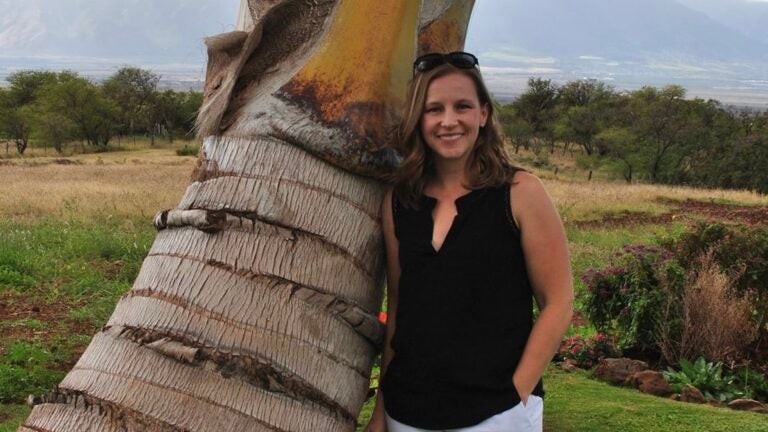
Day, Thomas
Thomas is interested in how emergent biological phenomena can be driven by simple physical considerations. He studies the formation of spatially differentiated marine bacterial aggregates. He received his undergraduate degree from Lafayette College, where he ran Cross Country and Track & Field. He then attended the Georgia Institute of Technology, where he earned his PhD in Physics in the spring of 2023. In his free time, Thomas enjoys road biking, camping, and playing music.
Website: https://thomas-c-day.github.io/
E-mail: daythoma@usc.edu
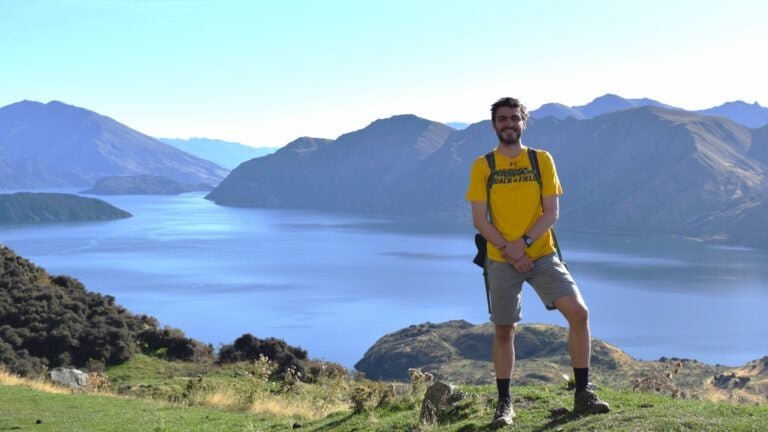
Griffith, Andrew
E-mail: awg@usc.edu
Hou, Shengwei
E-mail: shengwei@usc.edu
James, Chase
E-mail: cjames80@usc.edu
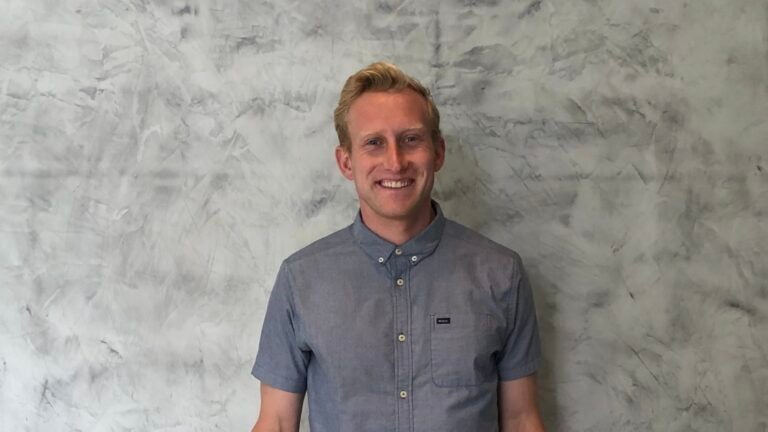
Kalra, Isha
I am a microbiologist currently investigating community dynamics and metabolic versatility of protists in both marine and freshwater environment at Caron Lab. In my PhD, I studied photosynthetic algae from permanently ice-covered lakes in Antarctica and specifically focused on understanding their adaptation strategies as well as their ecological role in the microbe-dominant habitat.
E-mail: ishakalr@usc.edu
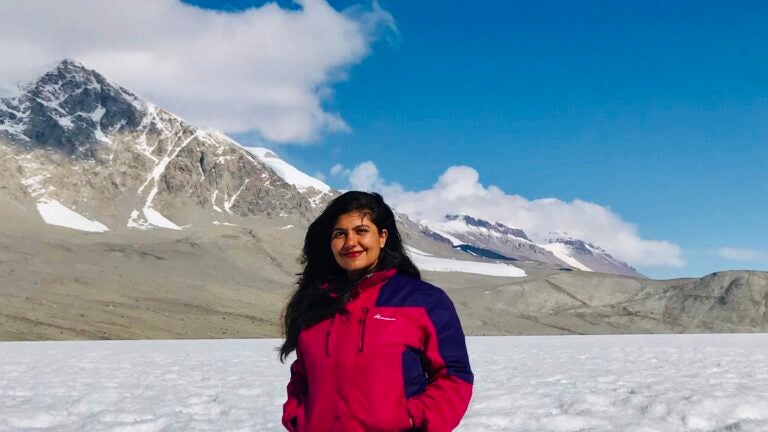
Leles, Suzana Gonçalves
I am a biological oceanographer interested on plankton ecology and evolution (biased towards mixotrophs!). I am investigating thermal adaptation of phototrophs and mixotrophs by developing models and performing an experimental evolution study. Dual member of the Levine Lab (USC) and the Moeller Lab (UCSB).
E-mail: leles@usc.edu
Li, Ning
Ning’s Ph.D. work focused on QTL analysis of catfish performance traits including disease resistance, hypoxia tolerance and fast growth. Another major work during his PhD study is the analyses of walking catfish (Clarias batrachus) genome and transcriptome sequences to reveal the genetic basis of its adaptation to transition from water to land. After he graduated as a Ph.D., he first started a postdoc position at USC to utilize single-individual RNA-seq to examine the effects of mitochondria and mito-nuclear interactions on sex-specific aging in the copepod Tigriopus californicus. Then he switched to marine invertebrates (sea urchin and Pacific oyster) to investigate physiological basis of animals’ resilience to environmental stress. He is also obsessed with making oyster a model system to further study his current research interest – mito-nuclear interactions!
Website: https://www.researchgate.net/profile/Ning-Li-32
E-mail: ningli@usc.edu
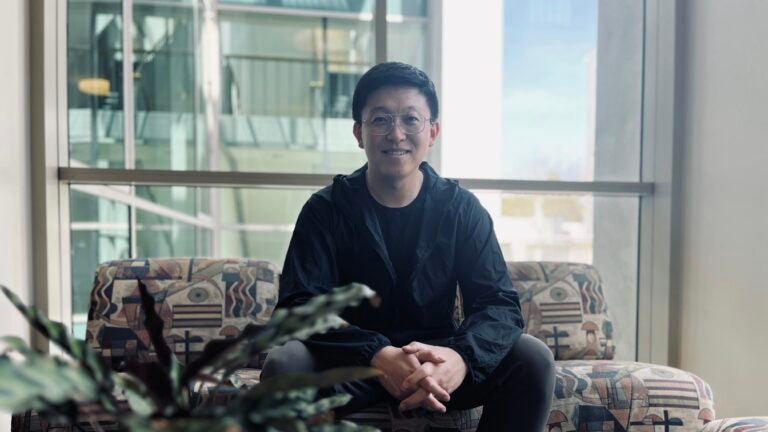
Lie, Alle
E-mail: alie@usc.edu
McNichol, Jesse
E-mail: jmcnicho@usc.edu
Moscoso, Jordyn
E-mail: jmoscosco@usc.edu
Pan, Francis
E-mail: tienchip@usc.edu
Raut, Yubin
I’m an outdoor enthusiast who stumbled into the wonderful field of oceanography where my broad research interests are to better understand and describe the roles microbes play in global biogeochemical (e.g., C, N) cycles. For my Ph.D. work, I was focused on investigating diazotrophs in coastal regions, specifically within macroalgal ecosystems. I joined the Fuhrman lab in July 2021 to contribute to ongoing research projects aimed at better understanding global microbial biogeography and identifying important traits (e.g., fundamental lifestyle, preferred nutrients, and oceanographic conditions) for a wide variety of marine microbes.
E-mail: yubinrau@usc.edu
Ruggeri, Maria
E-mail: mruggeri@usc.edu
Shirey, Vaughn
Vaughn’s postdoctoral work will leverage deep computer vision to rapidly digitize natural history collection data for the conservation assessment of Southwestern butterflies. They will also be working on developing new statistical tools for understanding the drivers of changes in butterfly occupancy, phenology, and morphology. Vaughn’s interests include data science, applications of AI to biodiversity, and international research collaborations. They completed their Ph.D. with Dr. Leslie Ries at Georgetown University on climate change impacts to Arctic and boreal butterfly communities.
Website: https://vmshirey.github.io/
E-mail: vshirey@usc.edu
Staeubli, Melanie
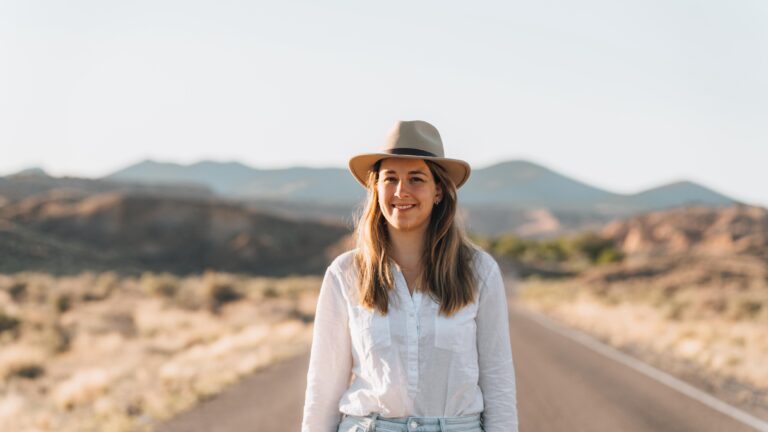
Trubovitz, Sarah
I study the biodiversity of Radiolaria, a prominent group of marine protists. My current goal is to integrate genetic, morphologic, and ecologic information on radiolarians to improve our knowledge of how their diversity is expressed in ocean environments.
E-mail: trubovit@usc.edu
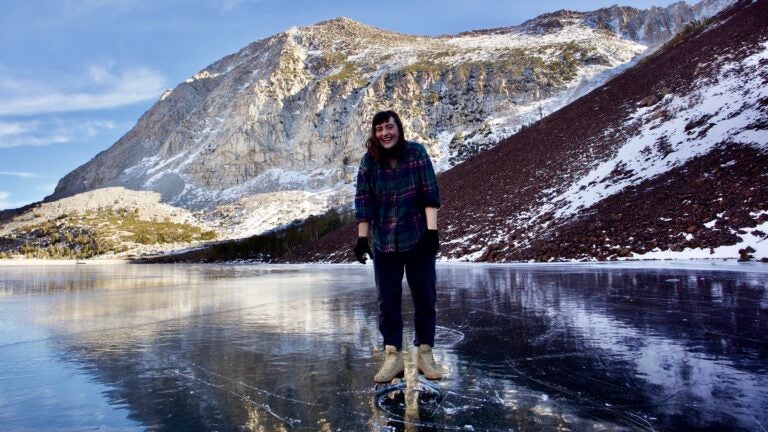
Vinton, Anna
E-mail: avinton@usc.edu
Walworth, Nathan
E-mail: nathan.walworth@gmail.com
Weissman, JL
Website: https://jlw-ecoevo.github.io/
E-mail: jakeweis@usc.edu
Williams, Nathan
During my PhD at University of Technology Sydney (2019-2022), I used molecular techniques to investigate microbial hazards in coastal environments. I have joined the Fuhrman lab in August 2023, and my research interests have moved beyond water quality, and I am now interested in using metagenomics to facilitate a better understanding of the distribution of marine microbes, why they are where they are, and to better understand the roles they play in major global biogeochemical cycles.
Website: https://www.nathanlrwilliams.com/
E-mail:nathanwi@usc.edu
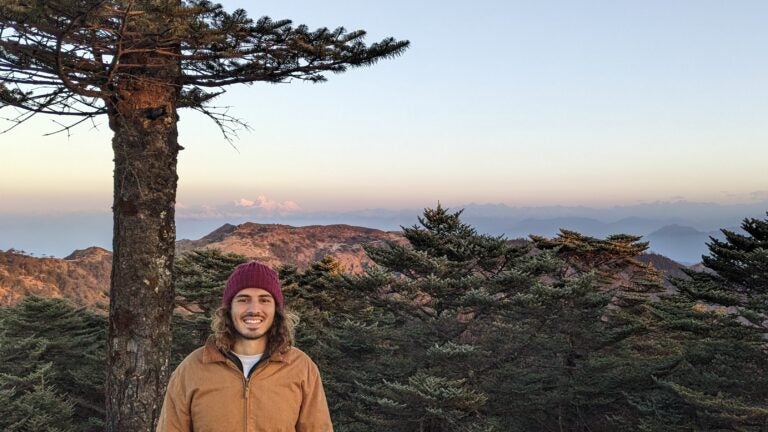
Yeh, Yi-Chun
E-mail: yichuny@usc.edu
Zhang, Irene
E-mail: irenezha@usc.edu
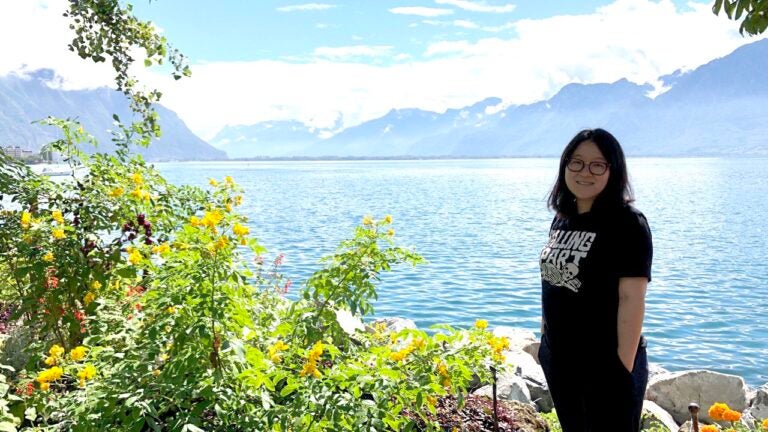
Buck-Wiese, Hagen
My research focuses on marine carbon cycling and the question: Why does some carbon become sequestered in the ocean? With a background in ecology and microbiology, I seek to understand the molecular properties that render certain compounds inaccessible to marine bacteria. In particular, my research focuses on carbohydrates and I created analytical tools for identifying and quantifying marine carbohydrates during my PhD. Here at USC, I am developing models of marine carbohydrate degradation to understand the ecological reasons for carbohydrate persistence and their potential to capture carbon in the ocean.
Website: https://www.researchgate.net/profile/Hagen-Buck-Wiese
Email: buckwies@usc.edu
